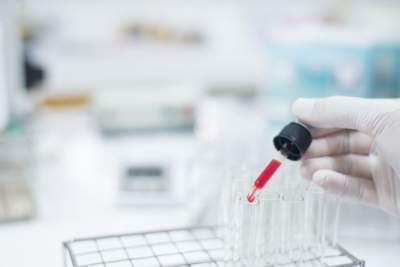
The clonoSEQ assay, which uses DNA from a patient’s bone marrow sample, deploys next-generation sequencing (NGS) technology to evaluate disease burden.
The clonoSEQ is the first and only assay to be approved by the FDA for MRD assessment in any lymphoid cancer, as well as the first FDA-cleared diagnostic assay supported by immunosequencing.
MRD, also known as measurable residual disease, refers to cancer cells that remain in the body after treatment for patients with lymphoid cancers.
Multiple Myeloma Research Foundation president and CEO Paul Giusti said: “MRD testing provides patients with real-time insights about their response to therapy or the depth of their remission.”
The NGS technology will enable clonoSEQ assay to accurately identify and monitor MRD in MM and ALL patients across treatment and remission.
The assay will identify and quantify DNA sequences found in malignant cells, enabling clinicians to monitor patients for changes in disease burden during and after treatment.
The assay is said to offer sensitive and accurate measurement of residual disease, which enables physicians to predict patient outcomes, assess response to therapy over time, monitor patients during remission and detect potential relapse.
The clonoSEQ is a single-site assay carried out at Adaptive Biotechnologies, and is available as a CLIA-regulated laboratory developed test (LDT) service for use in other lymphoid cancers.
Adaptive Biotechnologies CEO and co-founder Chad Robins said: “The clearance of the clonoSEQ Assay is an exciting advance for MM and ALL patients and physicians; as MRD is increasingly used to inform treatment decisions, the importance of having an accurate and standardized assessment method becomes paramount.
“NGS MRD testing is already part of National Comprehensive Cancer Network (NCCN) treatment guidelines for patients with MM, ALL, and CLL, and clonoSEQ is already in use for patient management in the majority of NCCN cancer centers, further demonstrating the clinical importance of MRD and acceptance of NGS MRD testing by the oncology community.”






